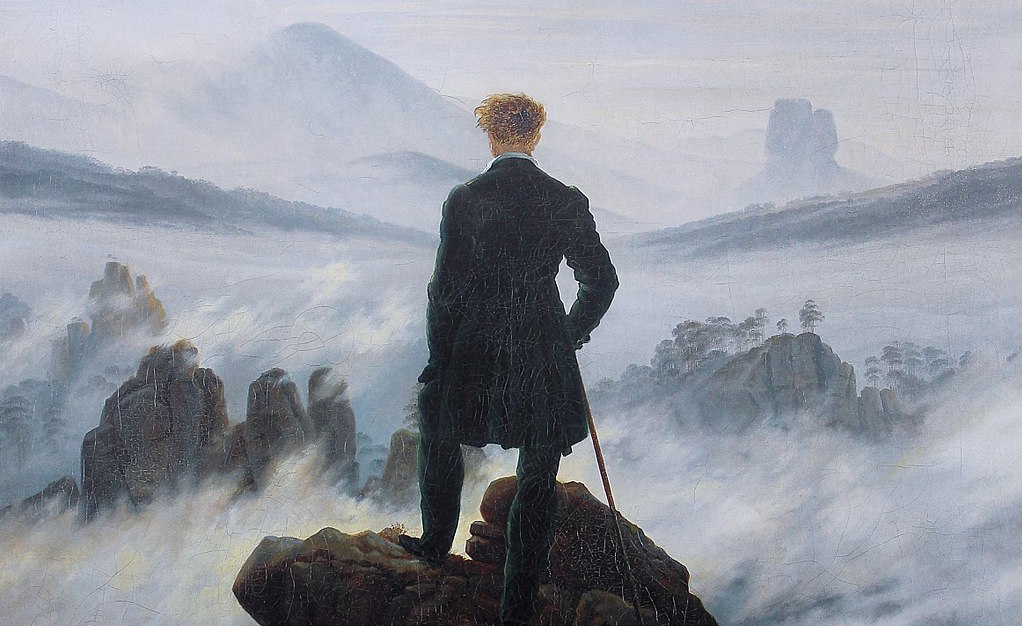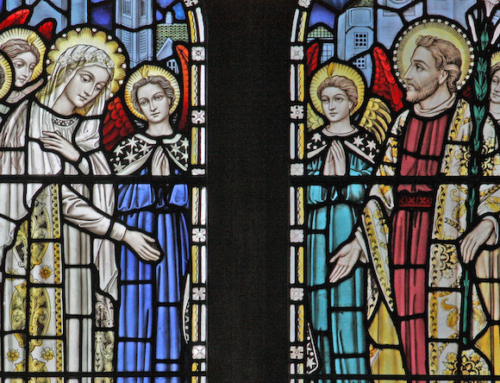Sometimes we believe that God is obliged to make us less lonely. We think: God knows me. He wants me to know Him. God wants to share his life with me, and I should never be lonely if I’m sharing life with him. I shouldn’t feel lonely.
But at times we do. So it begins to seem that trying to love God does not makes us less lonely. We cannot see or hear or taste God. Very often, spending time with him in prayer is a matter of perseverance, not comfort. Even more, in our secular society, our very belief in God can feel like a barrier between our friends and us. If God doesn’t makes us less lonely, what’s the point?
Confronted with loneliness, certain temptations rear their heads. First, we might try to escape loneliness by immersing ourselves in loudness and the crowd (perhaps online). Second, we sink into self-pity. But neither is a real solution. The crowd exacerbates the problem. In Psalm 88, the suffering psalmist feels his isolation all the more because, though people surround him, a fundamental disconnect yawns between them and him:
They surround me all the day like a flood,
they assail me all together
Friend and neighbor you have taken away:
my one companion is darkness.
And self-pity intensifies the sense that the weight of our woes is heavier than anyone can imagine. So the isolation deepens.
What should we do with loneliness? We know that “it is not good for man to be alone,” so if our loneliness has obvious origins in the natural sphere, if we isolate ourselves socially and avoid having close friends, we should seek real community and work on the virtues requisite for friendship. And of course, we should pray for friends, because close friendships arise in unexpected ways, ways that cannot be forced or predicted.
Further, the saints attest that there is a loneliness to being alone with God. We can call it a purifying loneliness. And if we see a bout of loneliness as a grace which God allows us, we can better realize that he really is the point of our life and that he guides our affections from passing things towards himself: “For the Lord is ‘the Jealous One’; and a jealous God is he” (Ex 34:14).
Most importantly, times of loneliness invite us to remember that our experience does not dictate reality. God really is closer to us than we are to ourselves, regardless of how we feel. Through these experiences we learn to trust him in patient endurance, knowing that “by waiting and by calm you shall be saved, in quiet and in trust your strength lies” (Is. 30:15).
✠
Image: Caspar David Friedrich, Wanderer Above the Sea of Fog.







